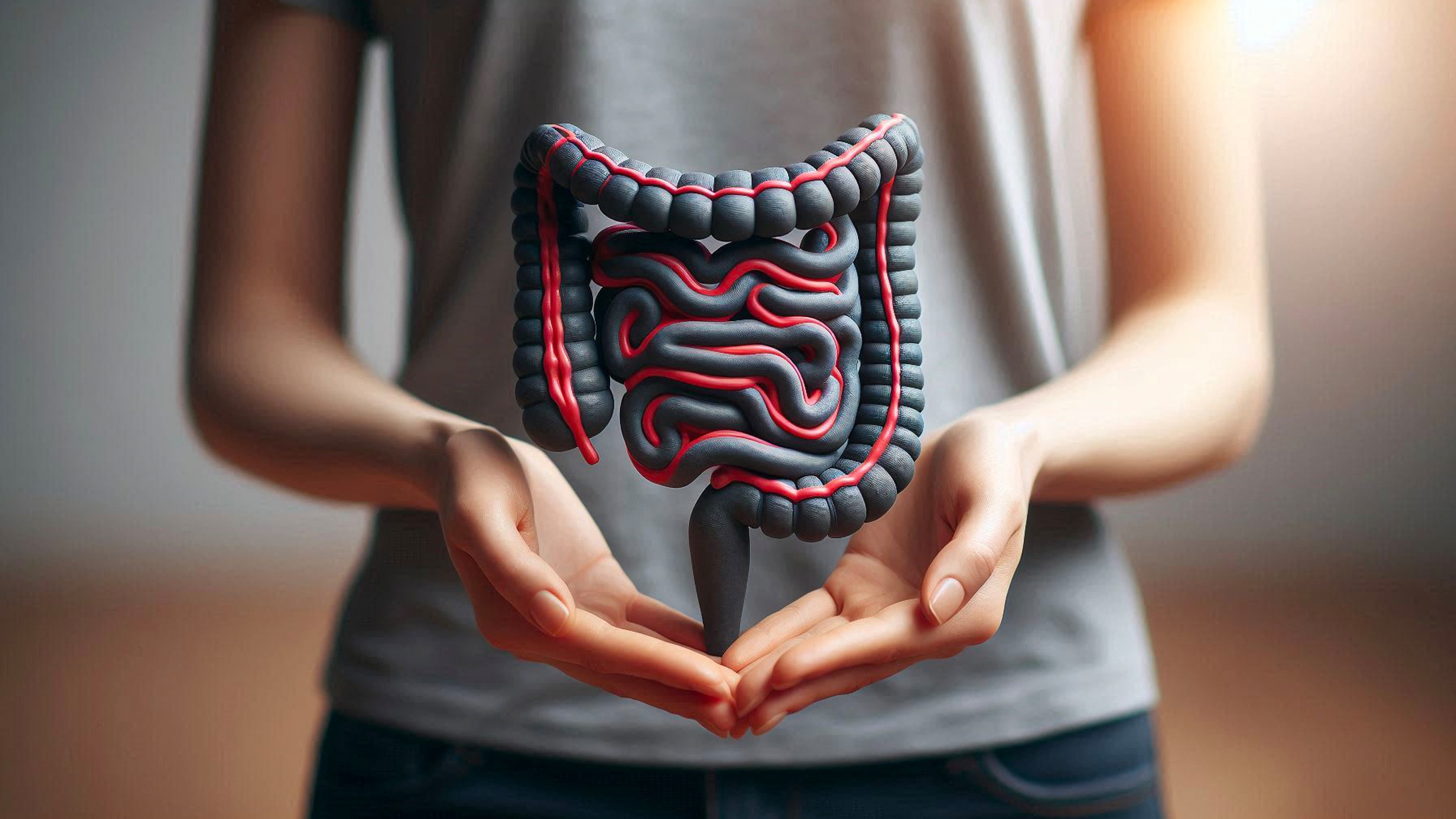
Understanding Fecal Microbiota Transplantation (FMT)
Fecal Microbiota Transplantation (FMT) is a groundbreaking treatment that has rapidly grown in popularity for its effectiveness against Clostridioides difficile infection (CDI). Initially considered an alternative for recurrent CDI, latest findings now show that FMT can also serve as a first-line treatment for primary CDI, rivaling conventional therapies such as vancomycin. This innovative approach leverages the microbiome—an intricately balanced ecosystem of bacteria within our intestines—by transplanting healthy fecal matter from a donor into the gut of a patient suffering from CDI.
The Trial That Could Change Treatment Perspectives
A recent study appearing in the Annals of Internal Medicine highlights the potential of FMT as a comparable treatment to vancomycin, traditionally the gold standard for treating CDI. Conducted in Norway with 100 adult participants, researchers compared the efficacy of FMT administered as an enema to that of oral vancomycin. The results were promising: 66.7% of patients receiving FMT showed clinical cure within 60 days, slightly surpassing the 61.2% who received vancomycin. Such findings challenge the long-standing belief that standard antibiotic therapies are the only effective options against CDI, suggesting FMT could redefine treatment practices for thousands suffering from this debilitating infection.
Why This Matters for You
The implications of these findings extend beyond clinical settings and into the everyday lives of those affected by CDI. Up to 20% of patients undergoing antibiotic treatment experience recurrence of symptoms, leading to unnecessary complexities, including prolonged treatments and increased healthcare costs. With FMT proving its efficacy, patients may soon have a safer and more effective alternative to antibiotics. As suburban professionals, staying informed on these trends can empower you to make better health choices for yourself and your families.
Breaking Down the Evidence
The study also revealed that among patients receiving FMT, only 5.6% experienced a recurrence of symptoms compared to 21.1% of those treated with vancomycin. This crucial difference denotes not only that FMT may alleviate immediate symptoms but also potentially reduce the cycle of recurrence that can plague patients, leading to a more sustainable approach to health and recovery. Furthermore, FMT’s role in combating antibiotic resistance—a growing concern in healthcare—presents an invaluable asset as we look to the future of medical treatments.
What’s Next? Embracing New Health Technologies
This study pushes the conversation about modern health treatments towards more natural methods like FMT, prompting professionals and policymakers to rethink existing treatment paradigms. As FMT gains traction, it invites discussions on integrating such therapies into routine medical practices. The growing acceptance of these treatments can open doors for more research and potential advancements in the fight against gut-related illnesses.
Final Thoughts
The rise of FMT as a frontline treatment against primary CDI embodies the spirit of innovation in health care. As medical professionals embark on rewriting the narrative surrounding gut health and infection treatment, it’s essential for patients and their families to understand these changes. By educating ourselves, we position ourselves at the forefront of a health revolution that prioritizes efficiency and well-being over outdated practices.
In light of these developments, it’s an ideal moment to advocate for further awareness and research into FMT and similar therapies. The more we speak up about our healthcare experiences, the more informed decisions we can make for our health and wellness journey.
 Add Row
Add Row  Add
Add 




Write A Comment